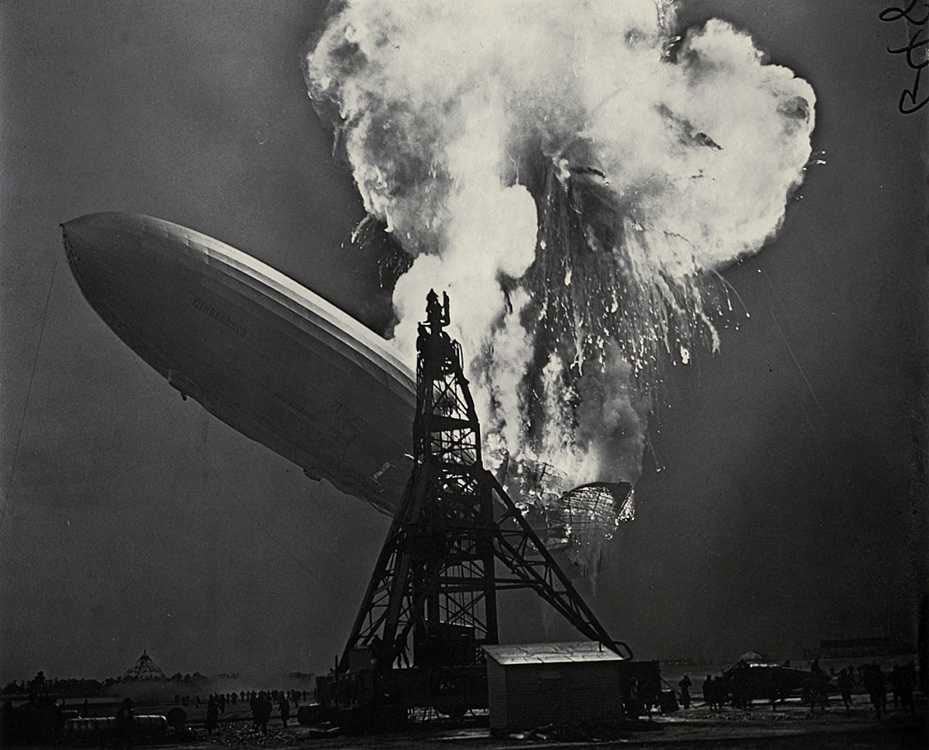
I might more accurately call this post The Catastrophe of the Senate, but that won’t get us anywhere – for the moment. In any event, as you know by now, the concatenation of Republican anti-environmentalism and fear (and no doubt loathing), plus intransigence from Democratic Senators from states where coal and oil are king, has brought climate and energy legislation crashing down in flames.
There has been a welter of commentary from far and wide. The NY Times had two columns on this yesterday and one op-ed. That’s a lot of coverage. Paul Krugman, for example, asked the musical question Who Cooked the Planet? He says it’s the Senators who are beholden to the coal and oil money and the ones who are afraid to buck the right-wing orientation of their party. “Greed, aided by cowardice, has triumphed. And the whole world will pay the price.”
Ross Douthat notes how the blame has been inappropriately apportioned by supporters of cap-and-trade. Blame Harry Reid, Barack Obama – see my post on that particular flight of fancy – or blame the American people for being too lax on the issue. (I think that one sticks, but blame the media first and foremost for its lazy acceptance of the long-running burlesque of disinformation from the denialists.)
But Douthat says it’s the American right. “Cap-and-trade’s backers are correct to point the finger rightward. If their bill is dead, it was the American conservative movement that ultimately killed it.” It’s, in its way, terrifying that such a narrow segment of the world’s political infrastructure should have so much sway over the fate of an entire planet. We are, all of us, for generations to come, in real danger from the reactionary American right. It will only get worse this coming year, if all the analyses regarding the mid-term elections are to be believed.
Lee Wasserman, director of the Rockefeller Family Fund, blames the President and Congress for collectively caving in to the special interests and “devising a bill for historic polluters, not the American people.” His op-ed decries the proposed allowances under Waxman-Markey and most of the Senate’s failed vehicles. He, though, like a number of commentators who also get this wrong, doesn’t accept what the principle of allowances and how they’re allocated really means. See The Wonk Zone here for two analyses by Harvard economist Robert Stavins that explain the political genius of W-M and the fact that the allowances in W-M exist primarily for public purposes. The bottom line is, as Stavins explains:
…the totals become 79.9% for consumers and public purposes versus 20.1% for private industry, or approximately 80% versus 20% – the opposite of the ‘80% free allowance corporate give-away’ featured in many press and blogosphere accounts. Moreover, because some of the allocations to private industry are – for better or for worse – conditional on recipients undertaking specific costly investments, such as investments in carbon capture and storage, part of the 20% free allocation to private industry should not be viewed as a windfall.
Could the bills proposed by Congress have been tougher? Sure, in a world where public policy is actually determined by what’s best for the public. But that’s not the world in which we presently reside.
Michael Tomasky has a sophisticated political analysis at the NY Review blog today which escapes the three worthies whose commentary we’ve just examined. Why did critically important climate and energy legislation crash and burn in Congress? “…one reason towers above all others-the dysfunctionality of the Senate.” I’m totally on board and I’ve said it here any number of times, including in response to Joe Romm’s frankly ludicrous assertion that Obama’s presidency is failing because of his inability to pull this particular legislative rabbit out of his hat.
Tomasky notes, quite correctly, “…the Democrats probably had fifty-one or fifty-two votes for it, possibly more. In other words, they had a majority. But in today’s Senate, a majority is not enough.” The solution? Simple, really, and wholly disposed to make this most bizarre and undemocratic of all the Founders’ creations, the US Senate, slightly more democratic. “Filibuster reform is thus an imperative, as more and more Democrats and progressive activists have come to realize.”
Democracy and good public policy are very hard to do right. They’re even harder when the deck is stacked against you. For further evidence of this, see the Republicans’ ability to blithely block legislation today that would’ve partially ameliorated the right-wing Supreme Court’s disastrous recent decision on campaign finance.